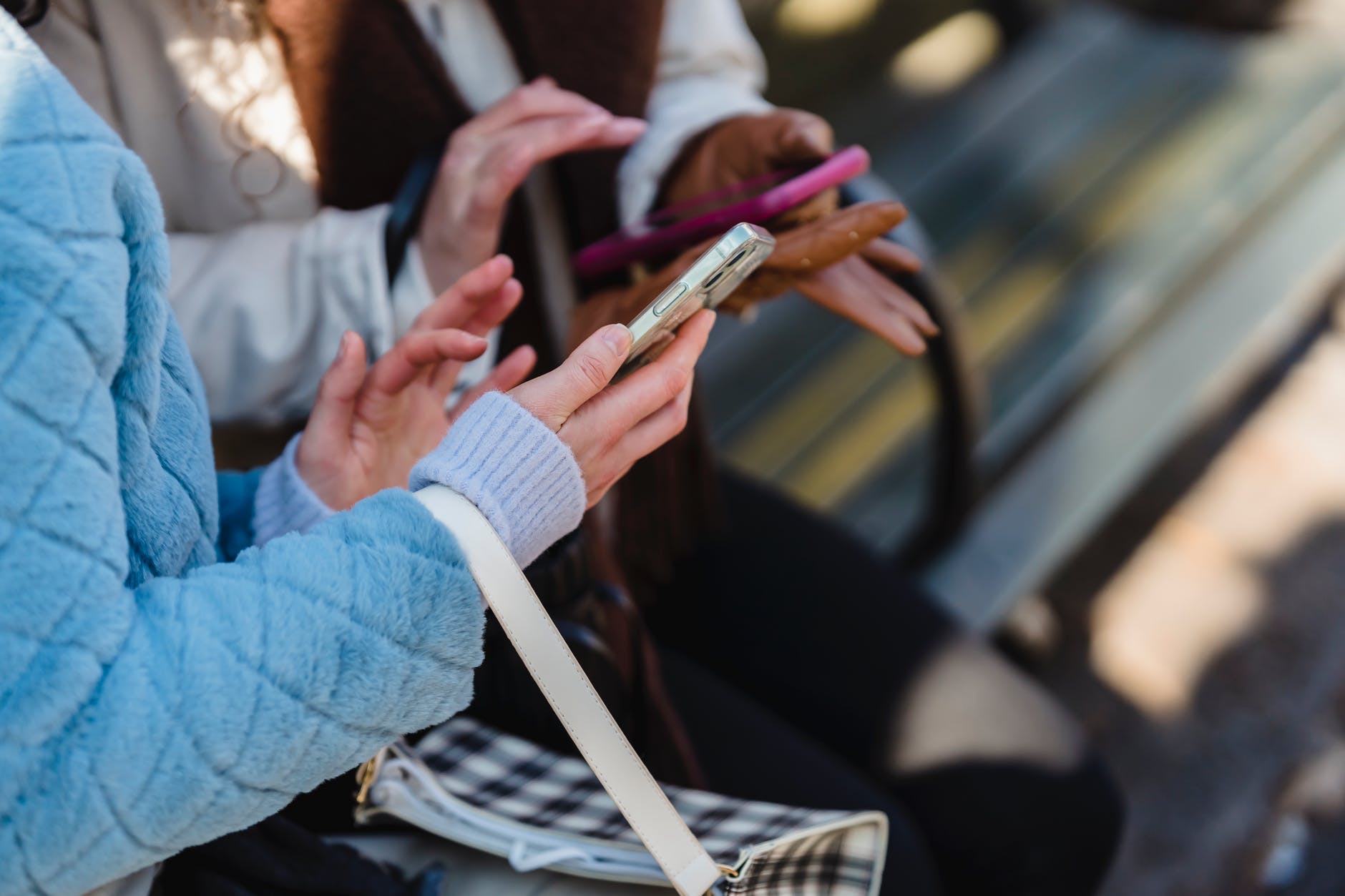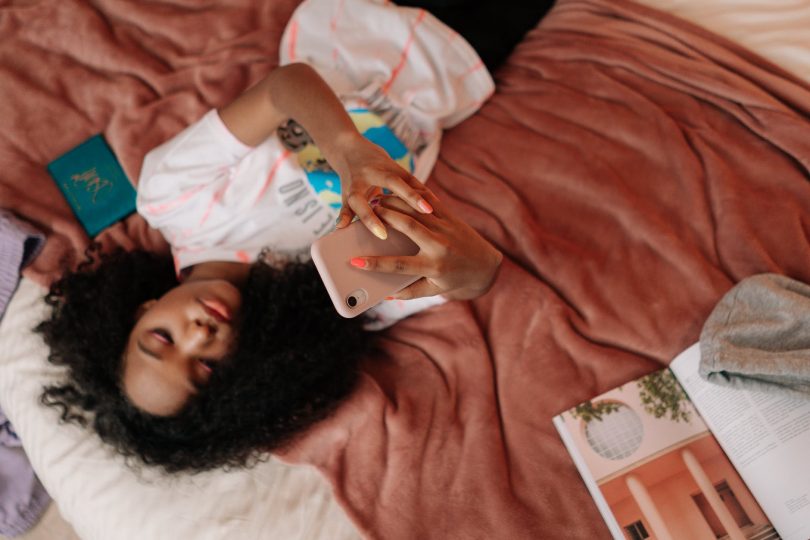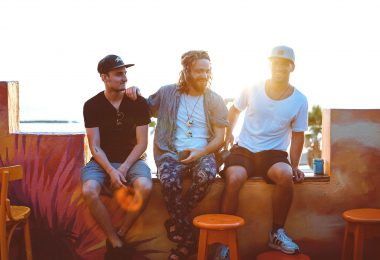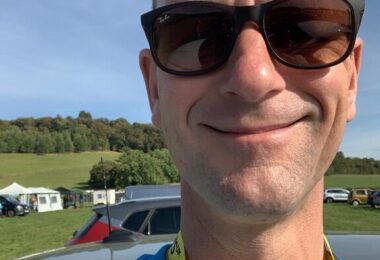Sleep experts have developed a new tool to help more accurately measure young people’s ability to disengage from social media before bed.
The University of Glasgow researchers who developed the Index of Nighttime Offline Distress, or iNOD, believe it is the first psychological measurement tool of its kind, which reflects the realities of how young people interact with each other in an online world.
The 10-point questionnaire, developed after consultation with more than 3,000 young people, aims to equip clinicians, teachers and parents with accurate measurements of the impact of late-night social media use on sleep.
iNOD is the latest research output from the #sleepyteens research group at the University of Glasgow’s School of Psychology, who explore how young people’s screen use interacts with their ability to rest at night.
Previous research from the group has shown that teenagers who use social media for five hours or more a day are more likely to report problems with their quality of sleep.
Between September 2018 and March 2019, the #sleepyteens researchers used an online survey to gather data from 3,008 young people in Scotland aged between 10 and 18 about their use of social media at night.

Questions
The researchers asked them to answer a series of questions about their social media habits and quality of sleep. The questions covered topics including respondents’ fear of missing out on social interactions on social media, and their emotional connection to their preferred social platforms. They were also asked about how long they spent on social media in bed, how long it took them to attempt sleep after putting their phones down, and their overall quality of sleep.
The responses offered a number of fresh insights into young people’s feelings on social media and sleep. While a considerable proportion of respondents claimed not to have difficulties in disengaging from social media, the responses also showed that extended wakefulness in bed before attempts to sleep was a typical experience for many. Those young people who did spend longer than they intended on social media at bedtime were also more likely to report delayed sleep onset, short duration and poor sleep quality.
The researchers used the survey responses to guide the development of the 10-point iNOD questionnaire, which allows young people to self-report on their experiences of social media and sleep. It captures feedback on two factors that young people reported as particularly important – ‘staying connected’ to peers via social media and ‘following etiquette’ by continuing interactions into the night.
Those who scored higher on Staying Connected and Following Etiquette tended to get into bed later, took longer to close their eyes for sleep at a later time, but did not differ in their wake times. They also tended to use social media for longer in bed and after the time they felt they should be asleep. They tended to have shorter sleep duration and poorer sleep quality. Staying Connected showed stronger associations with bedtime social media habits and sleep measures than Following Etiquette.









Leave a Comment
You must be logged in to post a comment.